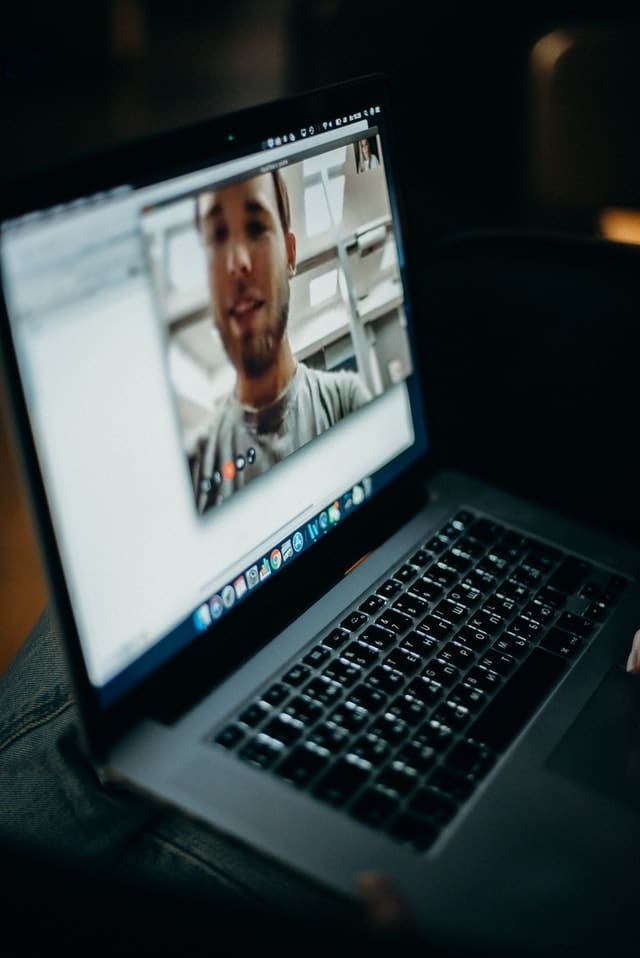The transition to socially-distanced online interactions was rapid for many people in school and in the workforce. Since this transition, many have complained about “Zoom fatigue,” a phenomenon where online conference meetings with colleagues, FaceTime calls with family and online game night with friends has become mentally and socially exhausting.
“It’s not necessarily persistent fatigue but surely a measurable increase in listening effort,” explained Mario Svirsky, professor of hearing science at NYU Langone Health medical center. “A little noise in the background can bring you over a tipping point where communication becomes much more difficult and you have to do a lot of work. You may participate in a meeting focusing on everything for the full two hours and, at the end, you are wiped out.”
But this feeling is not new, and it is all too familiar for the deaf and hard-of-hearing community. In fact, many audiologists and researchers call this phenomenon “concentration fatigue.”
Connection Between Zoom Fatigue and Concentration Fatigue
Many people who have made the switch to telecommuting complain that Zoom calls are taxing for a number of reasons, particularly due to lack of non-verbal cues caused by low-quality or turned-off video feed, and poor audio quality due to lags or insufficient microphones.
This mirrors problems that people with hearing loss deal with every day. Because they cannot hear well, they rely on visual cues such as lip reading and body language. This causes problems in places like restaurants, where people talk while eating which distorts mouth movements, and in the car, when speakers face the same direction rather than looking at each other.
Similarly, when audio quality on a Zoom call is poor, it mimics the experience of hearing loss, where sometimes only few words are audible. Some have compared the experience to piecing together a jigsaw puzzle.
“If you’re just missing one or two words or a little bit of information, it can have a snowball effect,” said NYU Langone postdoctoral fellow Ariel Hight, who has hearing loss himself. “You can imagine that’s going to affect how well you perform in a meeting or with friends.”
Next time you’re on a Zoom call and feel frustrated, consider how the experience mirrors what 48 million people across the U.S. experience every day. To help improve the Zoom experience for your hearing-impaired colleagues, consider keeping your video on, sitting in a well-lit area of your house, investing in a quality headset and taking care to not interrupt or speak over others in the meeting.
For more communication tips or to schedule an appointment, call Arizona Hearing Specialists today.
